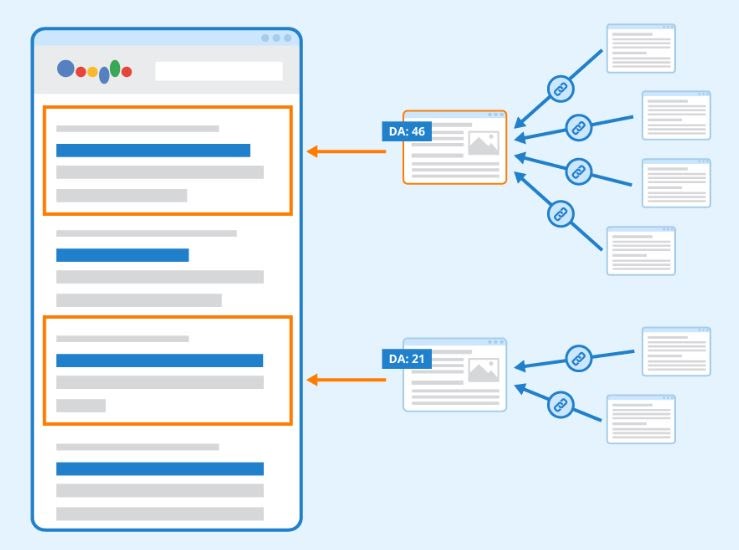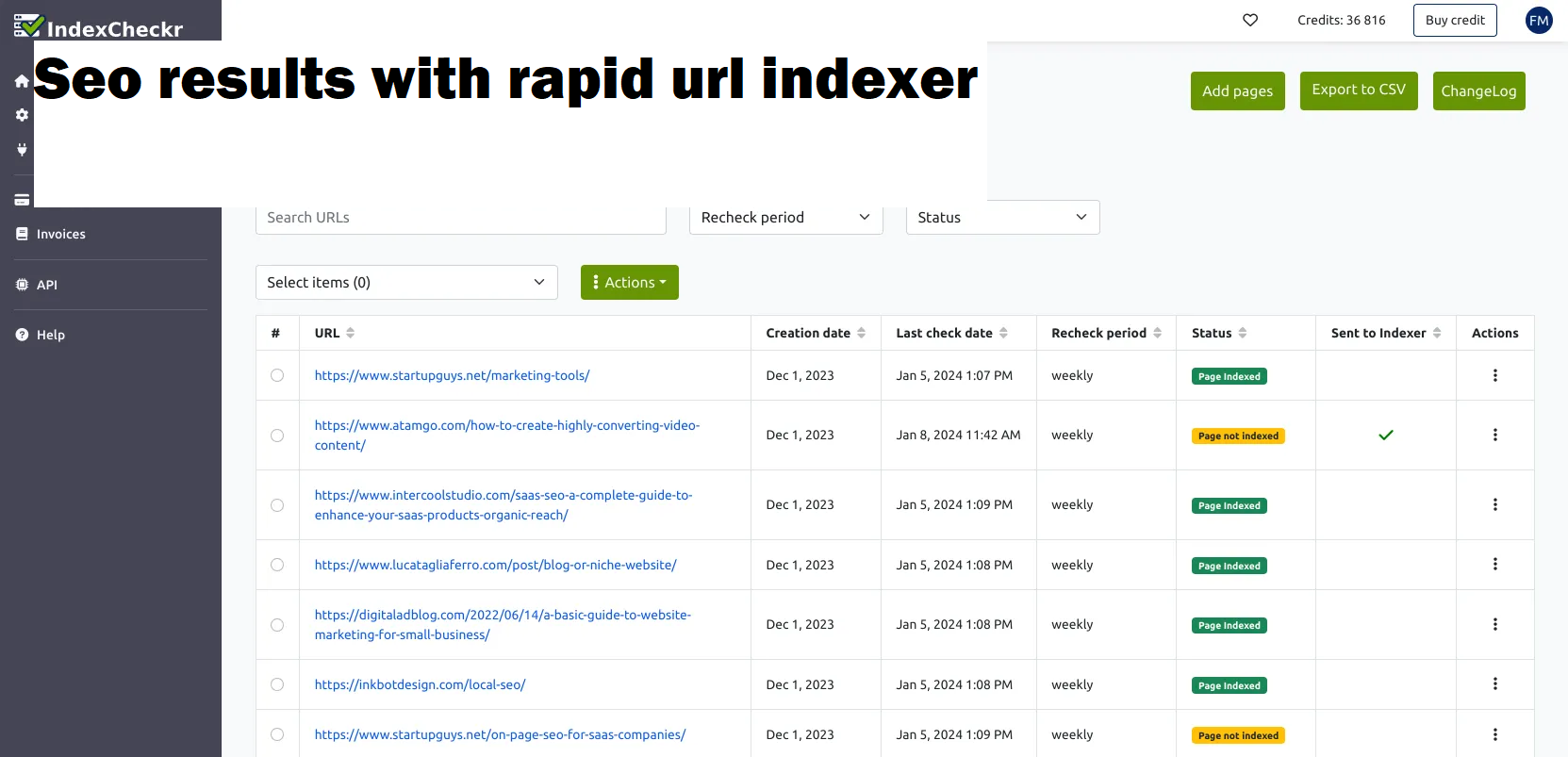In the ever-evolving world of Search Engine Optimization (SEO), getting your website content indexed quickly is crucial for improving visibility and driving traffic. While search engines like Google crawl websites regularly, sometimes newly published content can take days or even weeks to appear in search results. That’s where a Rapid URL Indexer comes into play—offering a faster and more effective way to get your URLs indexed and improve your SEO results with rapid url indexer.
What is a Rapid URL Indexer?
A Rapid URL Indexer is a tool or service designed to expedite the process of getting your URLs crawled and indexed by search engines. Normally, search engines like Google or Bing use web crawlers to discover new content on the internet, but this process can be slow for smaller websites or new content. By using a Rapid URL Indexer, you can "ping" search engines to notify them that fresh content is available for indexing.How Does Rapid URL Indexing Work?
- Submission to Indexing Services: The Rapid URL Indexer submits your new URLs to indexing services that have a direct relationship with search engines. These services either notify search engines directly or submit your URLs to third-party databases that search engines frequently crawl.
- Pinging Search Engines: The indexer tool automatically pings Google, Bing, or other search engines to inform them that new content is ready for indexing. This bypasses the traditional method of waiting for crawlers to find the new pages organically.
- Priority Crawling: Some indexing tools or services offer priority crawling options where your website is given higher priority by search engine bots. This ensures that your new content is discovered and indexed faster.
Benefits of Using a Rapid URL Indexer for SEO
1. Faster Indexing
The most obvious benefit of using a rapid URL indexer is that your URLs get indexed more quickly. Instead of waiting for days or weeks, your content can be indexed in a matter of hours, meaning it becomes searchable faster. This is especially important if you're running time-sensitive promotions, news articles, or updates.2. Improved Search Engine Rankings
Early indexing can lead to faster ranking improvements. The quicker your content is indexed, the sooner it can start climbing in search engine rankings, which can increase your organic traffic. Additionally, rapid indexing can give you an edge over competitors who are still waiting for their content to be discovered by search engines.3. Higher Crawl Frequency
Using an indexer tool may increase the frequency with which search engine bots crawl your website. A higher crawl frequency can result in more up-to-date search engine listings, which is essential for websites that frequently update their content or add new pages.4. Better Coverage for New and Updated Pages
Often, search engines will prioritize crawling high-authority websites, and smaller sites may struggle to get all their pages indexed. By using a rapid indexer, even smaller, less authoritative websites can ensure that their new or updated content gets indexed promptly.Best Practices for Using a Rapid URL Indexer
While rapid URL indexing can be a powerful tool, it’s essential to follow best practices to maximize its impact on your SEO strategy.1. Use High-Quality Content
Fast indexing will only benefit your site if you provide valuable, relevant, and high-quality content. Search engines prioritize content that satisfies user intent and provides real value. Ensure your content is well-researched, uses relevant keywords, and is optimized for SEO.2. Submit Important URLs
While it might be tempting to submit all your website’s pages, it’s often best to prioritize important URLs like new blog posts, product pages, or landing pages for indexing. Focus on the URLs that will have the most significant impact on your SEO performance.3. Monitor Indexing Status
After using a rapid indexer, regularly check the indexing status of your URLs through Google Search Console or other SEO tools. This helps ensure that the indexing process has been successful and that your URLs are appearing in search results as expected.4. Avoid Overusing Indexing Tools
Using a rapid indexer too frequently may trigger search engine filters that detect spammy behavior. Stick to submitting new or updated content rather than resubmitting the same URLs over and over again. Overuse can result in diminishing returns or even penalties.Common Myths About Rapid URL Indexers
Myth 1: Rapid URL Indexers Guarantee Top Rankings
While fast indexing is a critical step toward achieving higher rankings, it’s not a guarantee of success. A URL indexer merely speeds up the indexing process; it’s still up to the quality of your content and your SEO strategy to determine rankings.Myth 2: You Only Need to Index URLs Once
Indexing URLs isn’t a one-time task. Search engines continually update their databases, so it’s essential to ensure that your updated or refreshed content is re-indexed when necessary.Myth 3: All URLs Need to Be Indexed Immediately
Not every URL on your website needs immediate indexing. Prioritize high-traffic pages and crucial content updates rather than indexing every minor update to your site.Popular Rapid URL Indexers and Tools
There are many tools available for rapid URL indexing, ranging from free options to paid services with additional features. Some popular rapid URL indexers include:- Google Search Console: Google’s own tool for URL submission and indexing.
- Bing Webmaster Tools: Bing offers a similar tool for submitting URLs directly to their index.
- IndexNow: A new open-source protocol used by various search engines to speed up the indexing of new content.
- Paid Indexing Services: Several third-party services offer rapid indexing as part of their SEO packages, often including additional features such as priority indexing or advanced reporting.


